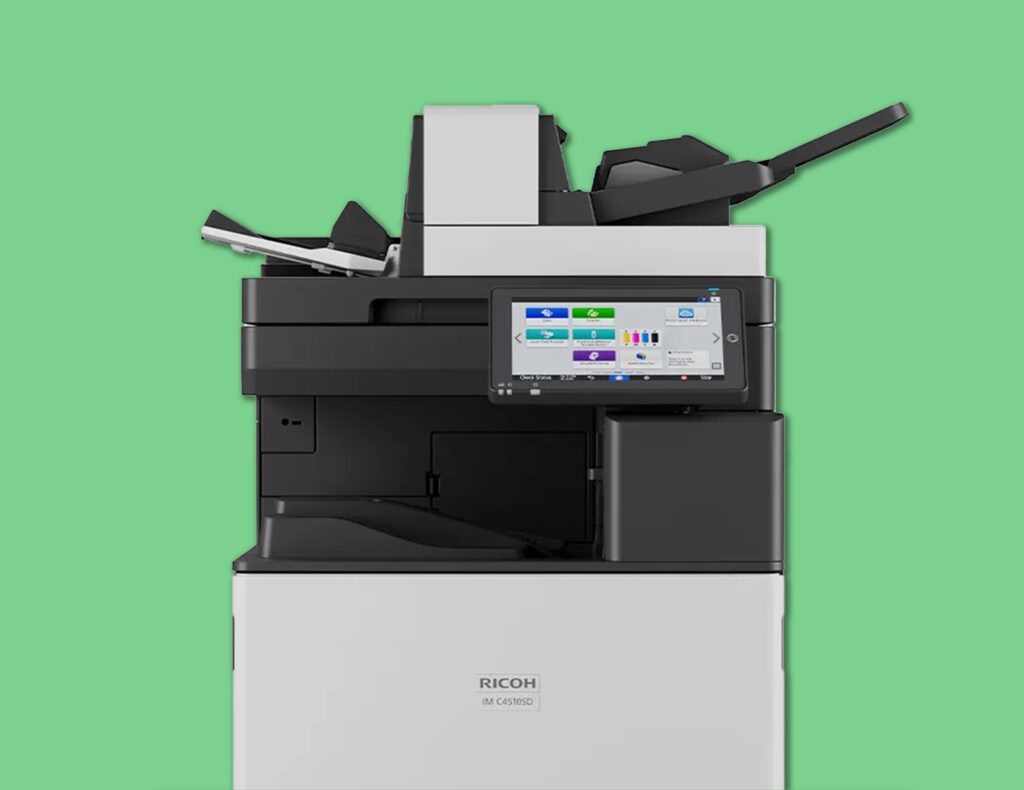
As more businesses embrace digital transformation, it’s easy to assume that physical records have become obsolete. But for many industries, especially those with legal, financial, or regulatory responsibilities, paper documents still play a critical role in day-to-day operations and long-term compliance.
Even in today’s cloud-driven environment, offsite document storage remains an essential part of a smart, hybrid information management strategy.
In this post, we’ll explore why storing paper records offsite still matters, how it complements digital systems, and what to look for in a secure records storage partner.
The Digital Misconception: “Can’t We Just Scan Everything?”
Many organizations begin digital transformation with the assumption that every document should be scanned. While document scanning is a powerful tool for accessibility and efficiency, full digitization:
- Isn’t always cost-effective for older, inactive records
- May not be necessary for documents nearing the end of their retention period
- Doesn’t replace the legal requirements for storing original physical records in certain industries
In reality, the most efficient and compliant approach is often hybrid—digitize what you use frequently, and store what you must retain securely offsite.
Why Paper Still Matters
Despite advances in digital tech, paper records remain necessary for:
- Legal originals like contracts, deeds, and signed agreements
- Medical charts subject to retention laws and HIPAA audits
- Financial records governed by IRS or SEC rules
- HR documents with long-term employee data
- Blueprints, architectural drawings, and large-format documents not easily converted
Many of these documents must be retained for 7–30 years or more, depending on your industry and jurisdiction.
Key Benefits of Offsite Document Storage
1. Free Up Office Space
Instead of paying for expensive square footage to store file cabinets and boxes, move inactive documents to a climate-controlled, secure facility.
This helps:
- Reclaim space for revenue-generating use
- Reduce clutter and safety hazards
- Avoid costly real estate expansions
2. Ensure Document Security and Compliance
Professional offsite storage providers offer features most offices can’t match:
- 24/7 surveillance and alarm systems
- Controlled access and visitor logs
- Fire suppression, humidity control, and backup power
- Full audit trails for chain of custody
This level of security helps you stay compliant with regulations like HIPAA, GLBA, SOX, and more.
3. Maintain Compliance with Retention Schedules
Many industries must retain original records for years—even decades. Offsite storage providers can:
- Help you track retention timelines
- Notify you when records are eligible for destruction
- Provide certificates of destruction when shredding is complete
This reduces your legal risk and ensures you only store what’s necessary.
When And Why To Shred Business Documents: A Simple Retention Guide →
4. Fast Retrieval When You Need It
Need a file from storage? Many vendors offer:
- Same-day or next-day delivery of physical files
- Scan-on-demand digital delivery
- Online inventory management systems for tracking and requesting documents
This keeps archived files accessible—without taking up space in your office.
5. Support Hybrid Workflows
Offsite storage fits perfectly into hybrid environments. You can:
- Digitize frequently used files
- Archive physical records cost-effectively
- Access both digital and physical records as needed
This gives your business the flexibility to scale document access across remote teams, multiple locations, or compliance reviews.
What Is A Document Management System and Why Does Your Company Need One? →
What to Look for in an Offsite Storage Provider
Not all records storage companies offer the same level of service. Look for:
✅ Climate-controlled, secure storage facilities
✅ Chain-of-custody tracking
✅ Barcode-based file indexing
✅ Online access to inventory and request management
✅ Scan-on-demand and shredding options
✅ Experience with regulated industries (healthcare, legal, finance, etc.)
Offsite document storage isn’t outdated—it’s strategic.
In a digital world, smart businesses know that paper still plays a role in regulatory compliance, legal integrity, and cost management. Offsite storage gives you the best of both worlds: security, accessibility, and office space efficiency—without the overhead of managing everything in-house.
Need help balancing physical and digital records? Contact us →



